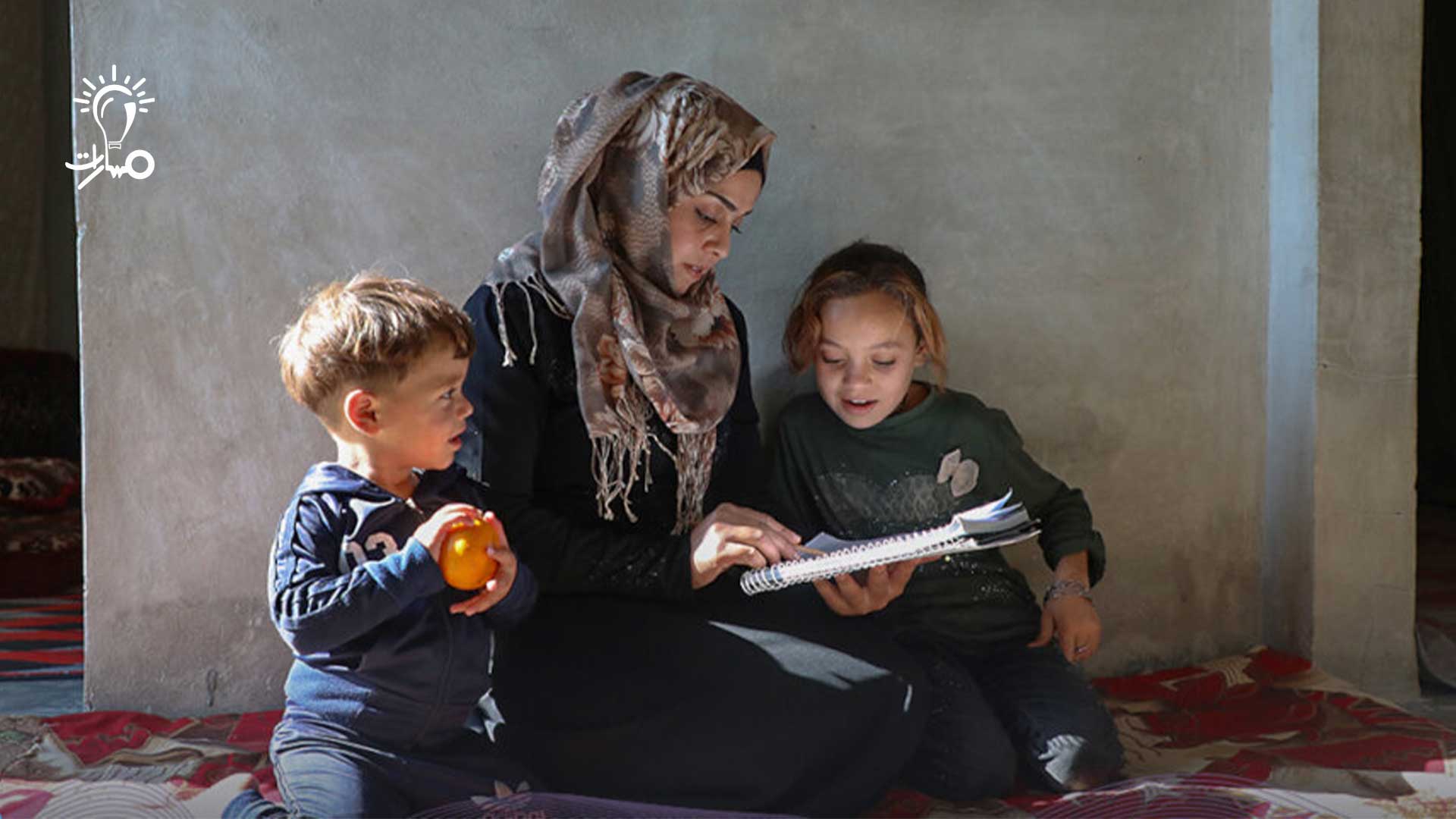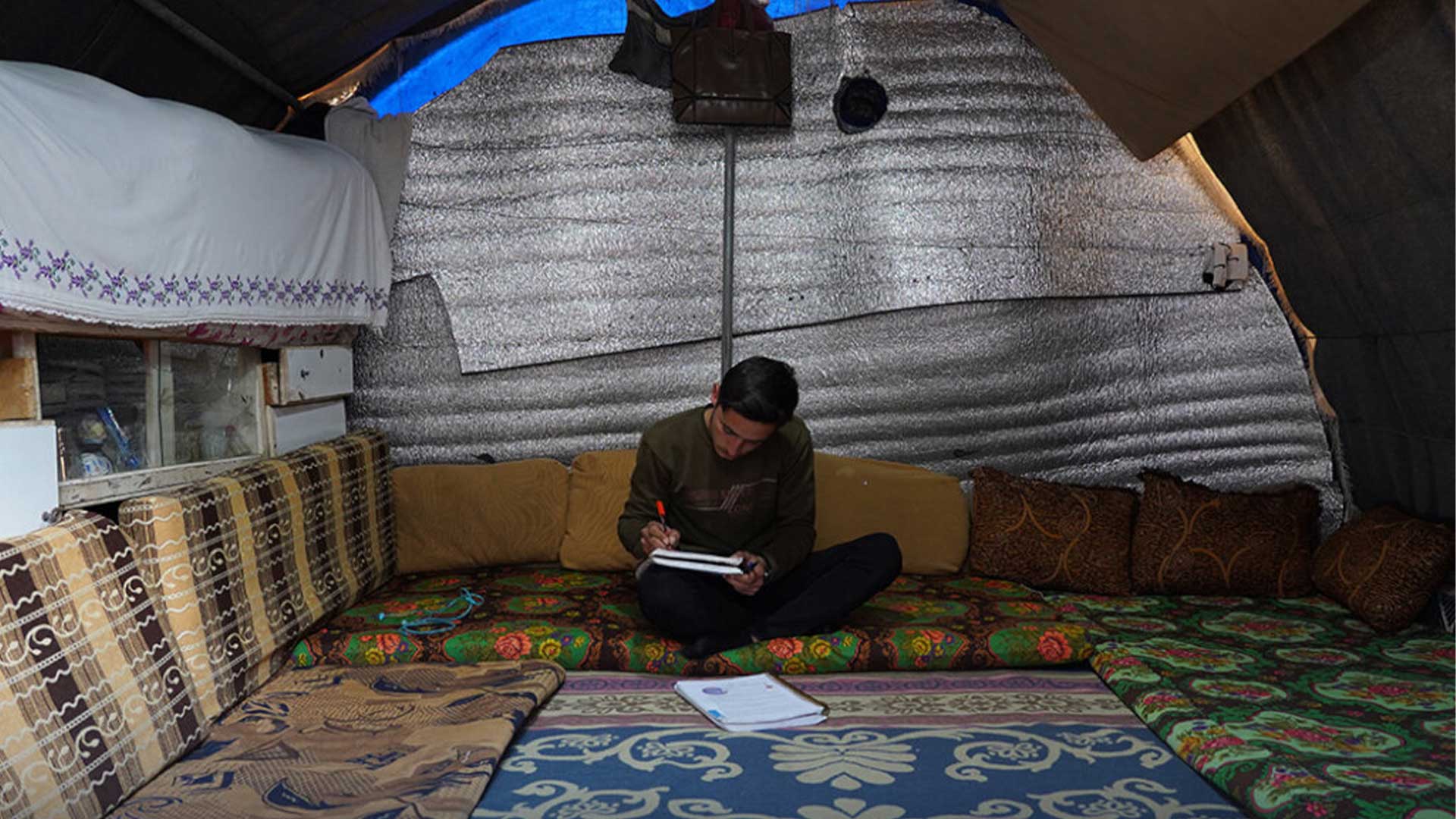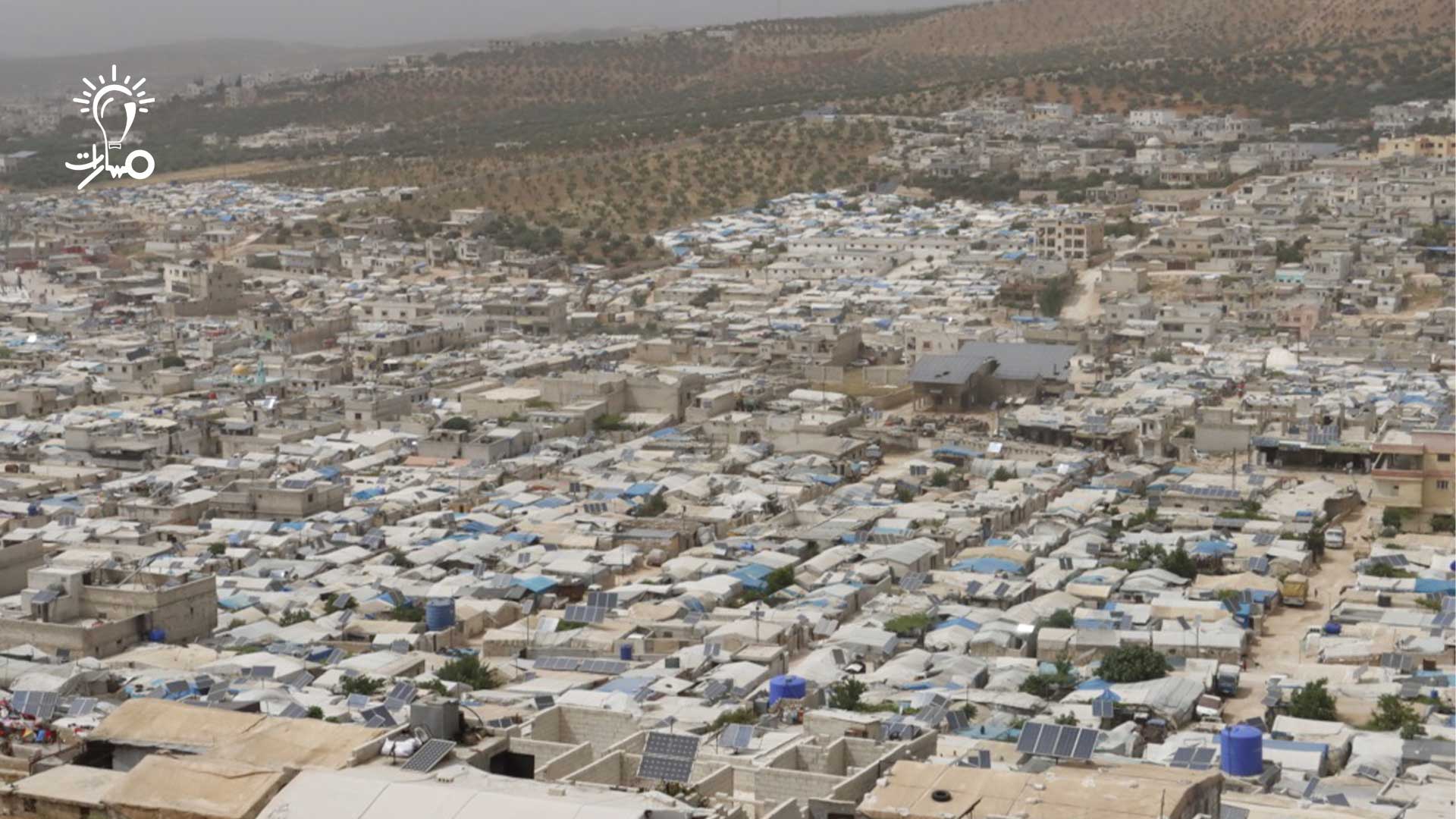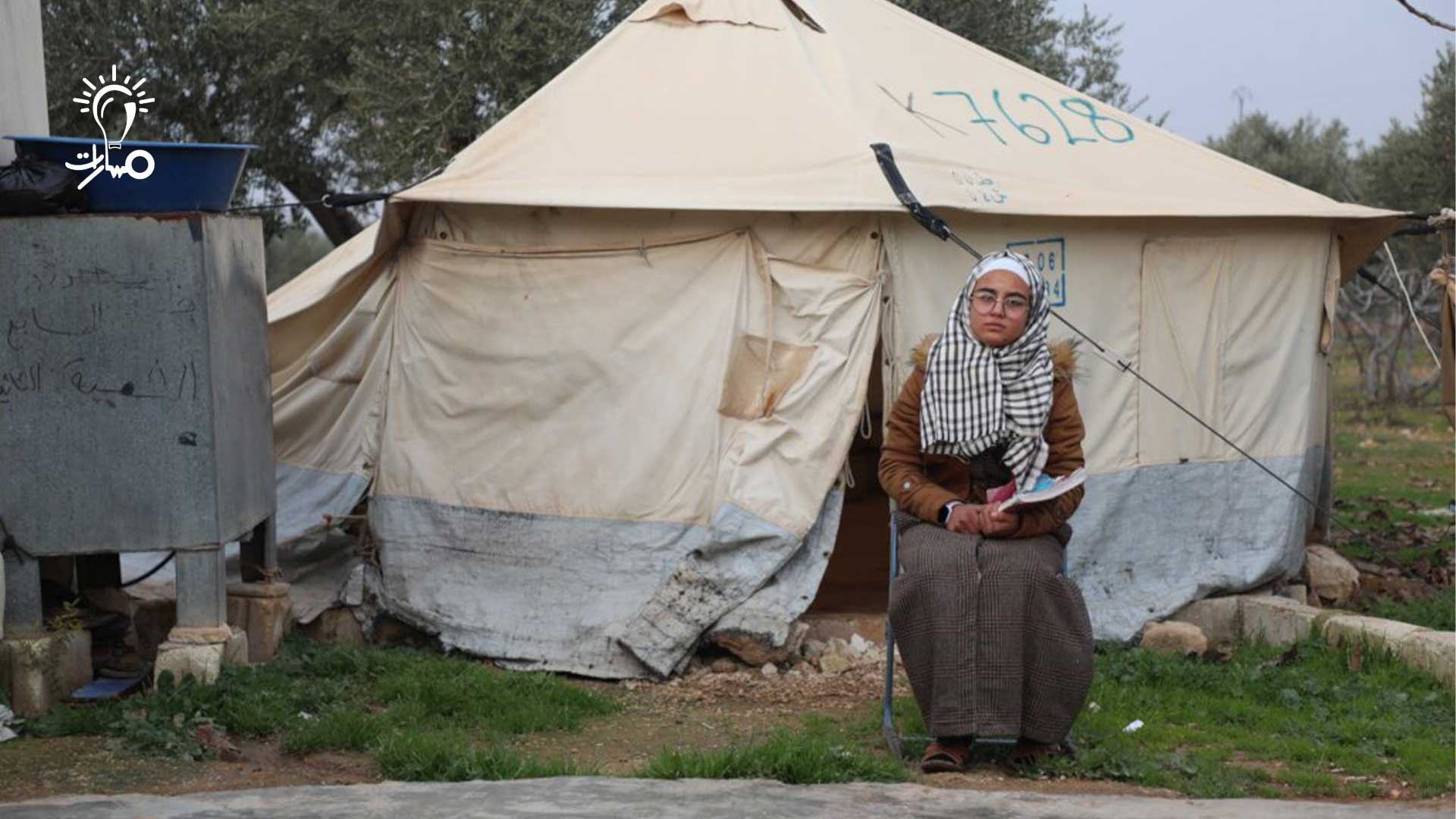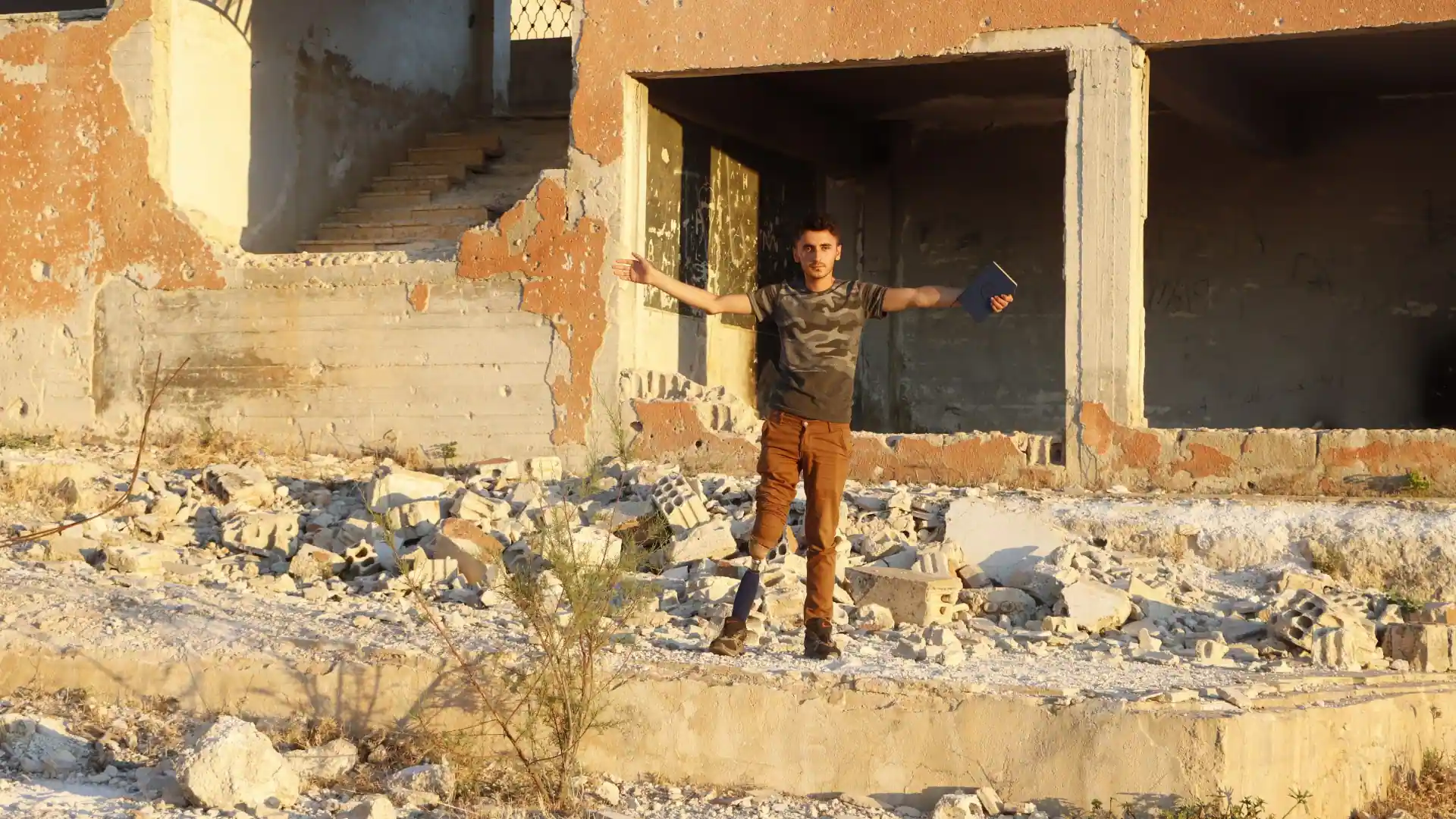Critical Thinking is one that possesses curiosity and raises questions, invents solutions, and provides examples. It searches for evidence and logic and has the courage to acknowledge the truth when the compass points to it.
However, some confuse criticism with destructive criticism. Under the guise of criticism, many practice the behavior of refuting every new idea, turning their tongues into tools to demolish aspirations and hopes. They neither offer solutions nor encourage those who attempt to find them.
Critical Thinking is truly essential for decision-makers and change-makers. It is necessary for anyone in their daily life to discern between right and wrong, truth and illusion. In these critical times of our societies, surrounded by challenges from all sides, how can we find solutions to our problems without this mentality that observes, connects, deduces, creates, experiments, argues, and evaluates? While some believe that criticism leads to destruction, the reality is that criticism is the first step towards construction.
How can we develop Critical Thinking
How can we develop Critical Thinking in our educational institutions? Through textbooks? Or through teachers? Or is it the system followed by students in those institutions? After various experiences, I have come to understand that Critical Thinking can only be cultivated through these channels combined, and it can also be hindered by them in many instances.
Even if the textbooks contain a paragraph titled ‘Critical Thinking Question,’ this question will not receive the attention it deserves if the teacher’s focus is solely on repetitive test questions with fixed answers that have remained unchanged for years. At the beginning of each class or during it, the teacher reminds the students about the upcoming test, only focusing on the material that will appear on it and dictating answers for them to write during the test, as if the test is the pinnacle of their education and its ultimate purpose.
Critical Thinking Questions
In contrast, even if the textbooks do not directly include critical thinking questions, an interactive rather than rote teaching approach can be taken. The teacher explains the subject matter through smart questions that prompt students to retrieve and build upon their knowledge, using real-life examples that encourage comparisons, inferences, deductions, and interpretations in their own words, without fear. This, particularly, is the teacher who fosters critical thinking skills in their students, whereas the teacher in the first scenario fosters a rigid mentality that resists the new and lacks the tools to turn an idea over and understand it. The teacher in the second scenario establishes a problem-solving mentality that can adapt to challenges.
- What if students learned critical thinking skills in their lessons, and then, at their school, they experienced oppression that resulted in their complaints being met with coldness and disdain? What if the school’s rules were stringent, lacking true educational value, making the students feel that the school’s system is rigid and irrational? What if there was no room for self-expression, proposing new ideas, or working on creative projects at school? An environment where students do not feel freedom, autonomy, and belonging does not only impede critical thinking but also kills the internal drive to learn.
- What if the teacher’s interactive approach is combined with the freedom and safety provided by the educational institution, along with the element of creativity in the content presented to students? This is what we offer at Masarat, especially through the Student Activities program. If you seek a space to express yourself, you’ll find it in the “My Talent” workshop. If you’re looking for literary criticism, “Masarat Reads” workshop offers that. If you’re interested in critiquing media works, the “Cinematic Content” workshop provides it.
Self-Critique
We didn’t stop at critiquing external inputs; we also trained students on self-critique! In the “With Myself” workshop, students learn to understand themselves and apply the principle of detachment, then improvement. In the “Online Etiquette” workshop, students critique their behaviors on Microsoft Teams and then contribute to establishing general rules for their communication.
When students are required to prepare activities themselves, such as the “Eid Activity,” they gather their ideas and suggestions, classify them, then collectively select the most suitable ones to apply after extensive discussions!
In the ” Offset” workshop, students were exposed to exceptional experiences from around the world where individuals devised solutions to their communities’ problems. Our students observed, analyzed, and critiqued these solutions, offering suggestions for improvement. Even with the Qur’an, we emphasized the importance of training our students in activating critical thinking skills during the “Quest for the Treasure” workshop. This enables them to attain deeper contemplation and understanding. Even when dealing with sacred matters, engaging in thoughtful analysis remains essential.
Students Evaluating their Educational Institution
We are accustomed to evaluating students in educational institutions, and this is inevitable. But what about students evaluating their own educational institution? Do they get this opportunity? Do they contribute to critiquing their institution to improve it? This is what we strive to implement with our students at Masarat.
Critical Thinking is not merely a phrase written in a book or a lecture presented to an audience. It is the culmination of behaviors in all aspects of the educational system. Only then will the compass of this generation point towards constructive, not destructive, criticism.
Shaymaa Mazen – Head of Knowledge Affairs at Masarat Initiative
